Search Separators
Understanding the Various Components of Your Separation Process
When it comes to getting the most out of your centrifuge, a great place to start is by taking an honest look at your separation process. Centrifugal separation is complex, to say the least. Every process differs based on countless variables all working together. Still, when you break things down to their simplest forms, you’ll find that separation processes as a whole all depends on similar variables.
Separators Way [Service Report]
Here at Separators we understand that great customer service doesn’t end when a technician leaves your facility. In a lot of ways, it’s only the beginning. As the largest independent centrifuge service technician organization in North America, we are committed to being thorough and accurate in all that we do. This includes giving our customers access to the information they need to keep their centrifuge equipment operational for years to come.
5 Ways Separators Helps with Separation Process Optimization
By servicing centrifuge equipment all across the United States, we’ve come to know these machines really well. After all, Separators is the largest independent centrifuge service provider in the U.S. We work on (and remanufacture) machines from all the major OEMs and we’ve developed an expertise that allows us to help customers — and facilities — operate at peak efficiency.
5 Ways to Optimize Your Dairy Separation Process Efficiency
Having a centrifuge is vital to many businesses. For instance, dairy companies across the country rely on a working machine to make the best milk products that consumers can find on a store shelf. Centrifuges can perform a whole gamut of operations and these machines are found in a wide range of industries.
Today, rather than talking about the general concept of a centrifuge and its accompanying technology, I'd like to take a chance to discuss their efficiency. In particular, I'll be taking a look at the milk production process.
The centrifugal separation of milk can be a tricky business if your machines aren't efficient. But how could they be more productive? We'll go over five ways to optimize your milk separator and kick your production into high gear.
Digital Agriculture, Technological Innovation, and Separators
Technologies in Agriculture
If you’re in the agricultural field, there’s no doubt that you’ve begun seeing a change in the industry. All over the United States, there has been a large push for farmers to incorporate technology into their craft. Every day more farms adopt emerging technologies in order to maximize product yields. For those who may be skeptical, we assure you that digital agriculture is the way of the future. This rise in technology not only lends itself to heightened productivity but also to a more manageable life for the farmers that adopt them.
Separators Way [Service Visit]
Scheduling service for your equipment can be a daunting task. Whether or not you've suffered an equipment failure, fitting service into your schedule isn't always easy. This is a situation equipment operators know all too well. That’s why at our business, we’ve made scheduling routine and emergency maintenance as easy as can be.
When you service with us, you can expect results that are just as streamlined as your production process. We strive to get you back to being fully operational as soon as possible.
How A Remanufactured Centrifuge Allows You to Keep Your Current Baseplate
No doubt about it, replacing your current centrifuge with a new machine is a large undertaking. Not only does it involve the capital investment of new equipment, it also typically involves reconfiguring feed lines and replacing your baseplate. And in case you're not familiar, replacing a centrifuge baseplate is a big job all on its own. It involves breaking the existing one out, pouring fresh concrete, and waiting for the curing process. And that all comes after you've worked out the details on the business end. Luckily, there's a way to skip this entire process while getting the equipment upgrade you need.
New Vs. Remanufactured Centrifuges: What’s the Difference?
Remanufactured centrifuges have numerous distinct advantages over a refurbished or new one. For starters, a remanufactured centrifuge is less expensive than new and better than used. When you hear about used, refurbished, or reconditioned centrifuges, those are different from remanufactured. And the difference is in the details.
Pre-Maintenance Process for Centrifuge Service: Final Preparations [Part 4 of 4]
At Separators our technicians perform centrifuge maintenance services on site at customer facilities. By performing minor centrifuge services out in the field, equipment only needs to shut down for a short period of time and be back up and running in a matter of hours. While performing on-site maintenance brings a lot of benefits to our customers, it also can seem confusing to prepare for.
That’s why we created the Pre-Maintenance Checklist.
Pre-Maintenance Process for Centrifuge Service: Machinery and Equipment [Part 3 of 4]
Wondering what it takes to prepare for an on-site visit with our service technicians? We’ve put together a checklist detailing each step in that process.
When a Separators Inc. service technician travels to perform centrifuge maintenance in your facilities, having the right machinery and equipment in place helps ensure the service goes off without a hitch. I’ll detail what you need to know about machinery and equipment below, but before I go any further, know that you can get your copy of the Pre-Maintenance Checklist here.
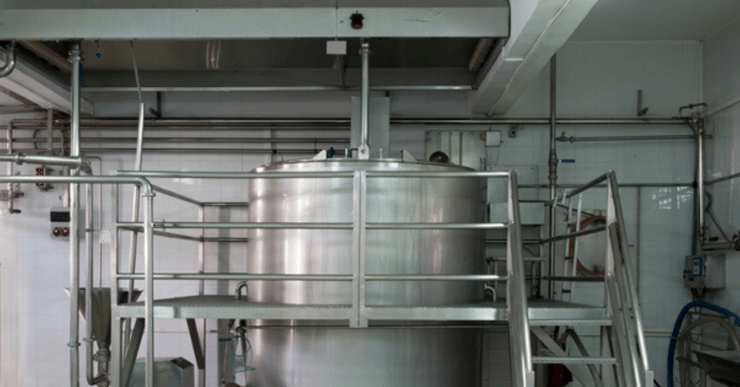

![Separators Way [Service Report]](https://www.separatorsinc.com/hs-fs/hubfs/Service-Report-Blog-Image.png?width=740&name=Service-Report-Blog-Image.png)
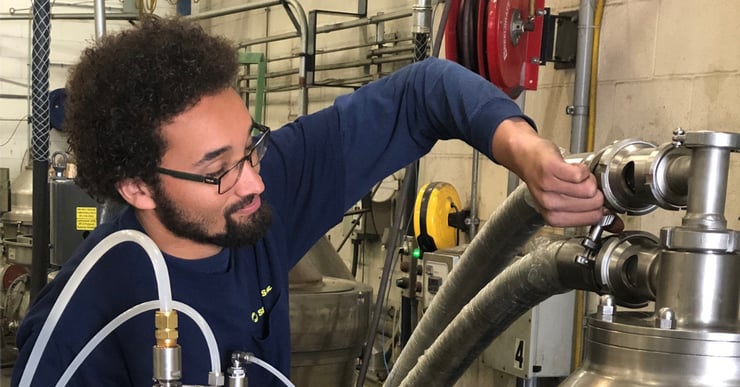
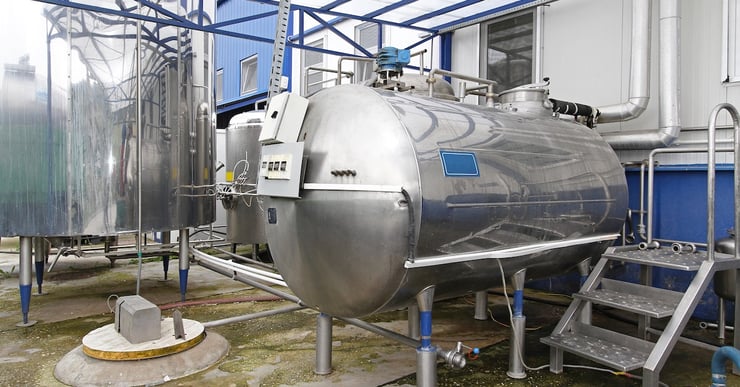

![Separators Way [Service Visit]](https://www.separatorsinc.com/hs-fs/hubfs/SEP%20Service%20Visit%20Blog%20Cover%20Image.png?width=740&name=SEP%20Service%20Visit%20Blog%20Cover%20Image.png)
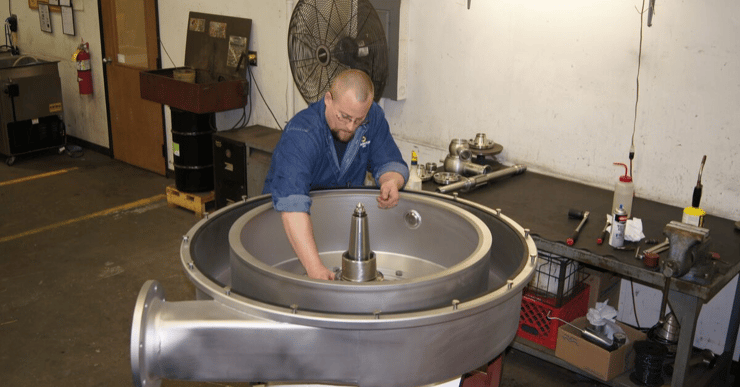
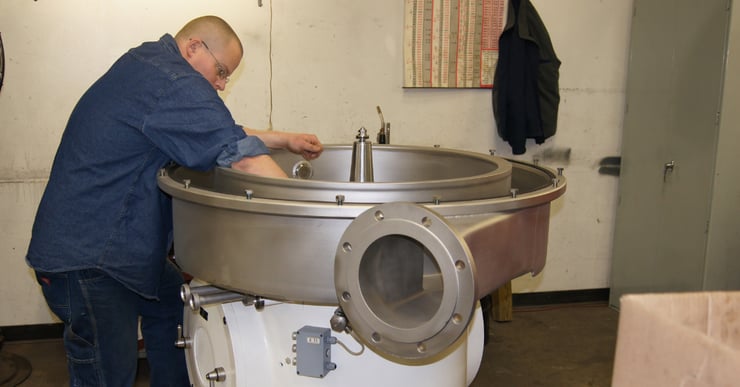
![Pre-Maintenance Process for Centrifuge Service: Final Preparations [Part 4 of 4]](https://www.separatorsinc.com/hs-fs/hubfs/separators-checklist-maintenance.jpg?width=740&name=separators-checklist-maintenance.jpg)
![Pre-Maintenance Process for Centrifuge Service: Machinery and Equipment [Part 3 of 4]](https://www.separatorsinc.com/hs-fs/hubfs/SEP%201-3.png?width=740&name=SEP%201-3.png)